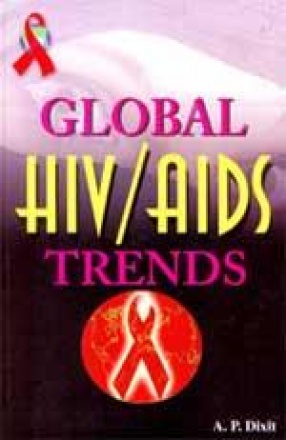
Islam and its ethical principles are comprehensive and universal. However, in general, people think Islam is like other religions, a matter of rituals, ceremonies, and offerings. This course briefly presents different aspects of the Islamic vision of life. The course will provide the students with an
opportunity for learning the Islamic viewpoint on contemporary issues and challenges including knowledge of Islamic beliefs, ethics, economics, politics, civilizations, culture, and society. The course while sharing the Islamic vision will help students in practical application of Islamic way of
life. This course is a university graduation requirement and follows guidelines of the HEC for
General Objectives
Upon successful completion of the course, the students will be able:
Specific Objectives:
a.Knowledge
b. Skills:
c. Attitude/Behaviour:
Introduction to Islamic Vision of Life
What is a meaningful life?
Understanding the Purpose/Way of Life
What is the Islamic vision of life?
Unity in Life (tawhid) and its impact
Islam: A Complete way of Life (din, nizam-e-hayat)
Islamic identity and world view
Meaning and role of Ethics in building a holistic personality
Ethics at individual and social level
Common ethical concerns
Universal Ethical values of Islam
Ethics in an age of science and technology (can everyone decide what is good or bad)
Islamic Ideology and its Importance
Islamic view of God (Allah s.w.t.)
Islamic View of Universe
Islamic concept of man as Allah’s vicegerent on earth
Characteristics & impact of Islamic ideology
Fundamental Beliefs of Islam
Definition of Iman and Articles of Iman
Building and Strengthening Iman
Unity of One God (Tawhīd)
Prophet-hood
Hereafter
Impact of Fundamental Beliefs on Human Behavior (dunya and al-Akhirah)
Concept of Worship & Rituals in Islam
What is worship?
Conventional understanding
Monasticism (rahbaniyyah)
Concept & objectives of Islamic ‘ibadat (worship)
Pillars of Islam: Kalimah Tayyeba, Salāt, Sawm, Zakāh, Hajj
Objectives & Purposes
Impact on character
Personality Development
Collective Benefits
Ethical System of Islam
Meaning of akhlaq
Universality of Islamic ethics and morality
Universal role model of morality (uswah hasanah)
Course Contents of Islamic Ethical Principles and Contemporary Issues: PartII
Basic Features of Modern ideologies
Materialism
Secularism
Democracy
Nationalism
Humanism
Characteristics of Islamic Civilization
The divine origin of civilization and culture.
Foundations of civilization in Islam
Local and particular cultures and civilizations
Universality of Islamic Civilization
Social Ethics
Importance of family as foundation of social system
Peace & harmony as a major objective
Islamic Social Institutions; madrasah, zakah and auqaf, welfare of yatama, poor and needy
Ethics & Economy
Characteristics of Islamic economic order
Socio-Economic Justice
Business Ethics in Islam
Islam & Political Ethics
Islam & Democracy
Islam & Socialism
Islam & Secularism
Islam & Kingship
Features of an Islamic State
Allah’s sovereignty v/s people’s authority
Khilafat or vicegerency v/s kingship
Shura as binding for all
State responsible for implementation of Islamic legal, economic, social and educational system
Welfare of people
Legal equality (‘adl) and protection of human rights
Concept of Ummah: Iqbal, Jinnal, Asad
Iman as the basis of ummah
Brotherhood of faith and unity of the ummah
Discipline and order in order to promote ‘adl, peace, dignity in society
Ummah as shuhada ala amoor
 Aids Awareness Through Community Participation
by
Aids Awareness Through Community Participation
by
 Global HIV/AIDS Trends
by
Global HIV/AIDS Trends
by